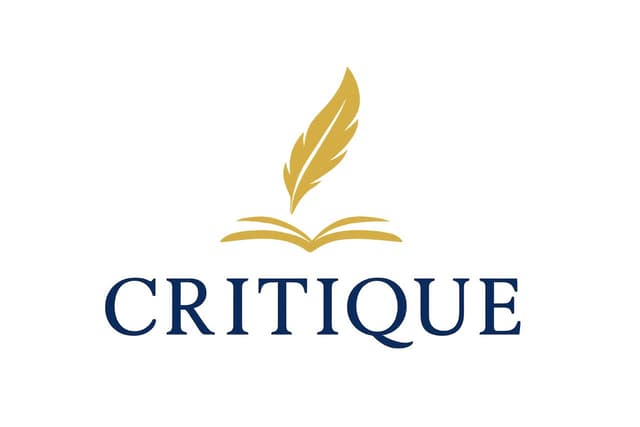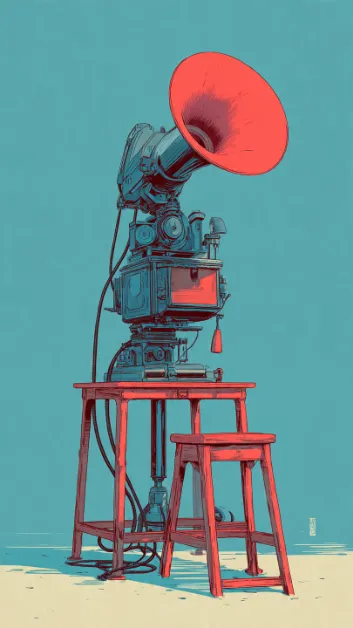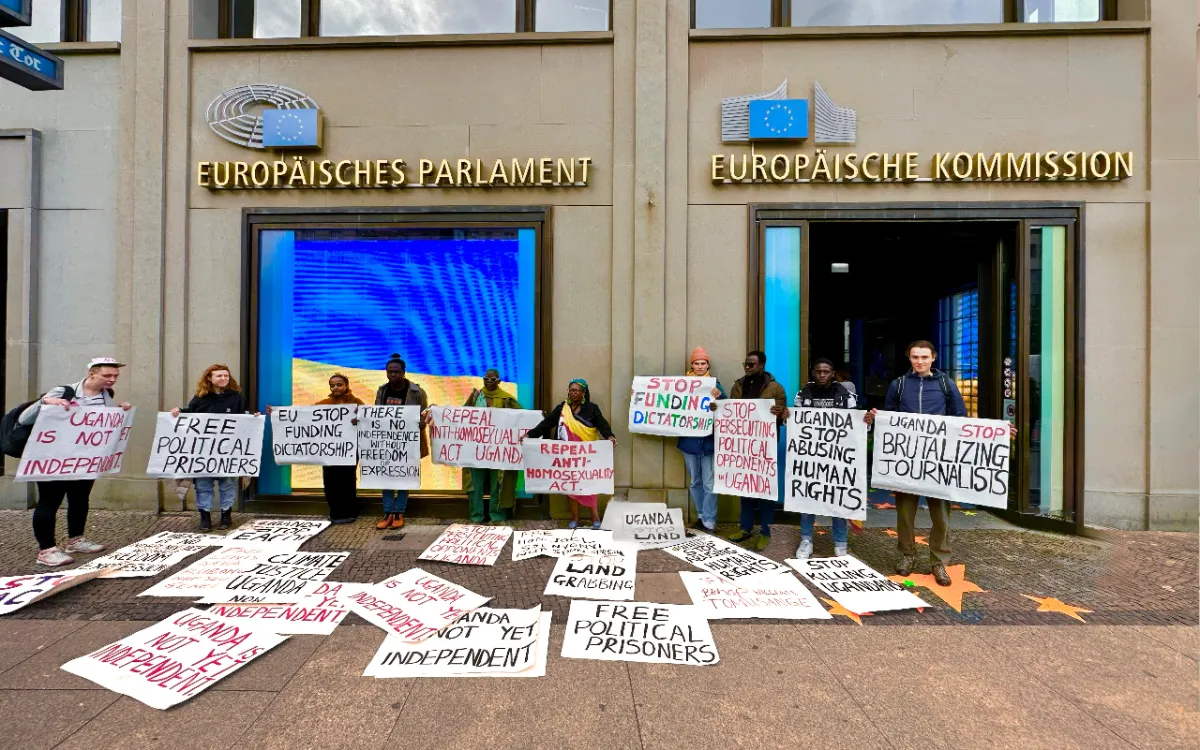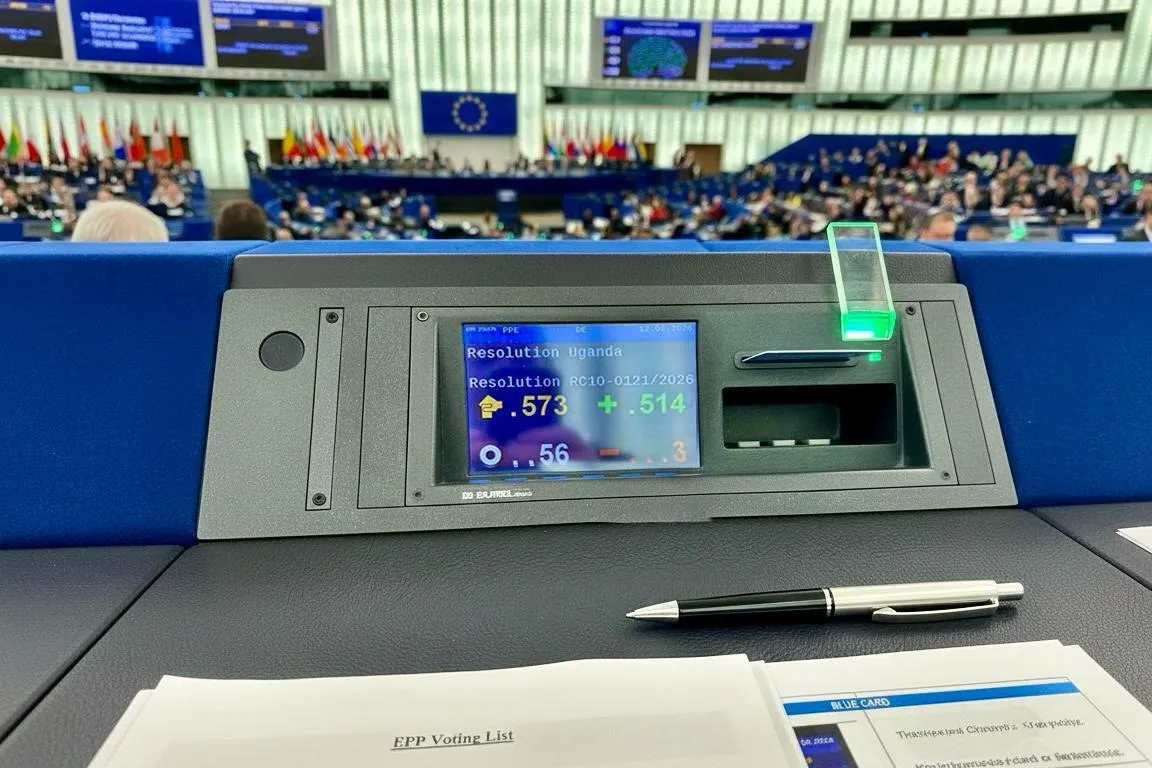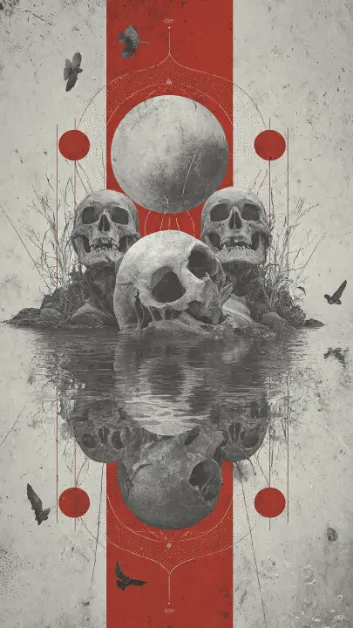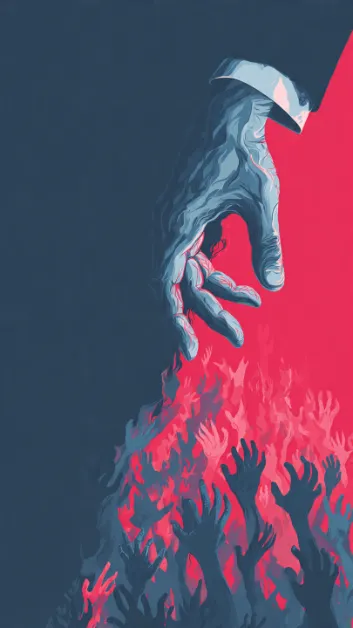.webp)
Uganda's Paradox: The Quest for True Freedom
Understanding Uganda's Sickness and Providing Insights on Probable Remedies
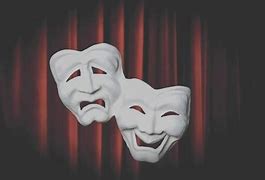
22 Nov, 2024
Share
Save
The political environment of Uganda is not only toxic but also a caricature of modern democracy—the flawed electoral policy and process, flouted with impunity by anyone capable of lifting a finger towards heaven or rousing up a crowd.
This sick situation cannot be disputed, and care is needed lest it become a distraction from equally crucial issues necessary for the country's survival.
A society cannot thrive unless it is highly enlightened, making education indispensable.
Education can only be built, developed, rolled out to the masses and refined by first, skill and knowledge, and next, money, making national and household wealth a must-have.
People are unable to focus on erudition if they live with eyes constantly over their shoulders, on the run for dear life, which makes the endurance of peace, calm and harmony an imperative.
In the above description, we find a cycle. A complementary, interdependent cycle, like the cycle of life. However, a casual observation suffices to reveal to the reader that as a country, we have never fully enjoyed this cycle, severally falling short in chronic ways.
We must admit that although the NRM government has had half of its tenure marred by bloodbaths, massacres, economic displacement and marginalization, and a flurry of innumerable evils, it has for the past eighteen years ensured peace—in other words, the absence of war has revealed how ill-prepared and perhaps also unconcerned the state has been to effect economic advancement.
This absence of war ushered in the calm necessary for the population to give attention to economic activities, and importantly, erudition, raising significantly the literacy levels of Uganda, an achievement one has a strong footing to question.
Of what benefit is a high literacy level without excellent by-products in the arts, sciences and economy? Excellence in learning cannot help but produce excellence in other spheres of life. We must admit that we haven’t experienced this cause-effect phenomenon in our literacy rates.
Therefore, our literacy levels may be higher every passing year, yet arguable; the values of those heights are low, which can readily be verified by the snail-fast economic growth seen in our country, the exceedingly rotten political culture and grossly, the incapable and unserious leadership across the national pyramid.
Leadership in any field is an exception. Consequently, a leader is a person of distinguished character and ability; a light, a beacon, a vision for the masses. In Uganda, it is the pure opposite.
The fellows—felons who throng the parliamentary arena, slouch along the corridors of ministerial offices and lounge in State House are worse than those they assume to lead. It is safe to call this breed of leaders: scoundrels, rascals, scams, a breed that has mastered the art of doing the worst things right.
When a country finds itself in a quagmire, where the President is afraid of fighting corruption because he fears money flight, then the state of that country is truly pathetic. The moral fibre is entirely dead. The campus faces south. The heart is dislodged and misplaced.
This sorry state is a recipe for sure downward spiral into the abyss of nonentity and material nothingness, a dystopian reality painted Orwell's Eurasia and sculpted in the choking road accident numbers, the fatal state of hospitals, or rather deathtrap, the academic graveyard of schools, and government entities that either have no idea or give no hoot.
Oh My God! This makes me sick!
What is the point of all these spewed above? What is the point of clauses such as “Education is Light”, “Education is Power”, “Education is the Key to Success”, and “Education is the Best Weapon against Poverty”?
Light symbolizes illumination, enlightenment, freedom from encumbrances, limitations, and the fears of ignorance. Why are our leaders afraid of doing the right thing? Why do they get cold feet in the face of doing good? Are these leaders? Are they enlightened? Or has fate slapped us with a bunch of pretenders?
Power is the movement of energy, and the stability of energy is endurance, which is realized in perseverance, determination, commitment, and resilience for the greater good. Freedom begets power, and power requires freedom for its greater purpose to come to pass.
Do our leaders have power? Is the power to kill or maim a person who disagrees with you really power? Or is it madness? Is it the power we want? If our leaders are powerless to do the right thing, do they have the freedom? If their possession of freedom is in question, are they enlightened?
If the enlightenment of our leaders is open to doubt, as exposed above, where do our enlightened average people stand? Where does our freedom stand? Where is our power?
Article 1 of our Constitution states: “All power belongs to the people who shall, through regular free and fair elections, express their will and consent on how and by whom they shall be governed”.
In the life of a Ugandan, the spirit and letter of the above article are null and void, yet it is the most powerful expression in our constitution. How can people possess power when they have no enjoyment of freedom? How can they be free without first experiencing enlightenment? Do those two rhetorical questions ring bells in your person?
To rule them for your advantage, deny them power. To deny them power, take away their freedom. To take away their freedom, lock them outside the compound of enlightenment, which has been better achieved by admitting the populace into the compound of anti-enlightenment.
Freedom has thus been restricted to a locked box. Education has been used as a tool for further disenfranchising the Ugandans while making it appear to be worthwhile. The best way to exploit someone is to make them work for you while believing they are achieving their vision.
We are living the playbook of some individual gangs with an absurd sense of humour. We need a new playbook, or better still, new playbooks, where each individual plays their script.
That is the freedom that will give actual power for true advancement.
